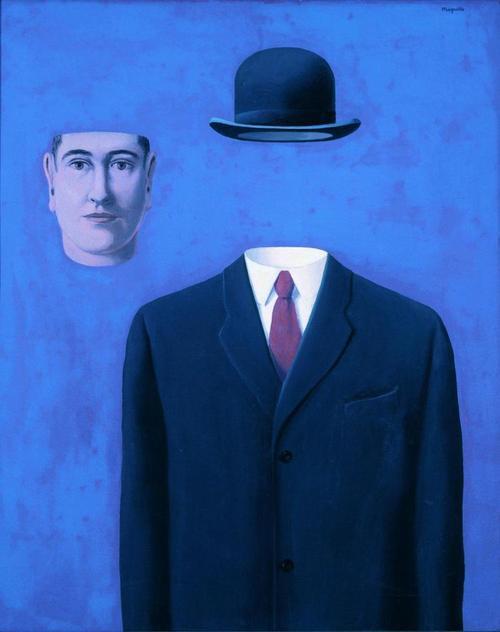I’ve often said the future belongs to the dot-connectors. Webber’s Rule of Thumb #7, the System is the Solution, describes it perfectly:
My point is that embedded in every company, in every organization, is a system. When you see the system and not just the individual pieces you increase your chances of winning.
Most people look at a company and see the organization chart. Or the pyramid of functions. Or the products and services the company offers as output.
Systems thinkers see the relationships, not the functions. They see the processes, not the stand-alone components or the final products. It’s the difference between looking at a fence and noticing the barbed wire running horizontally rather than the fence posts standing vertically.
Sometimes it helps to do something as simple as drawing a picture with arrows to show what would otherwise be invisible connections. A drawing of a three-legged stool isn’t a sophisticated operations chart, but it makes the point about how magazines need to operate as a system.
Systems thinking can also help when you’re trying to solve a perplexing problem. If you want to untangle the clues as to how something went wrong, think like a detective: figure out who all the players are and how they relate to each other. Usually it’s the system, not one person or department, that explains the real cause of the problem.
One thing is sure: the future belongs to systems thinkers.
For extra credit, see Rule #10 A Good Question Beats a Good Answer:
Why do questions matter more than answers? If you don’t ask the right question, it doesn’t matter what your answer is. And if you do ask the right question, no matter what your answer, you will learn something of value.
Questions are how we learn. Which means questions are how we create change…
Source: Webber, Alan M. (2009-04-10). Rules of Thumb (p. 32). HarperCollins. Kindle Edition.
